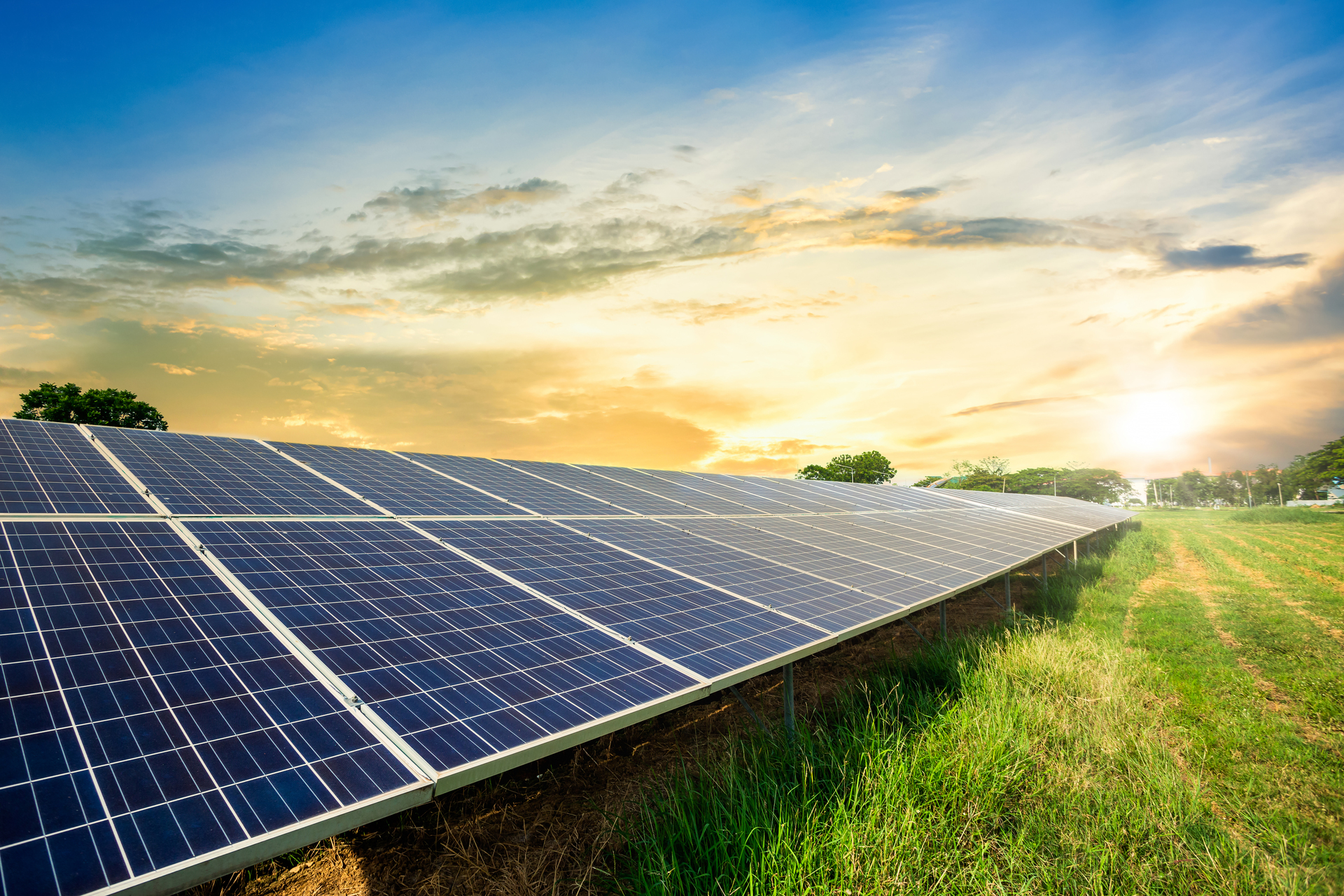
Solar panel cell on dramatic sunset sky background,clean Alternative power energy concept.
How Solar Panels Are Transforming Energy Production
In the pursuit of cleaner and more sustainable energy solutions, solar panels have emerged as a transformative force in reshaping the landscape of energy production. The remarkable shift in energy production is evident through the transformative impact of solar panels, revolutionizing the way we generate power. To delve deeper into this sustainable revolution, visit the website. This article explores the profound impact of solar panels, detailing how they are revolutionizing the way we generate electricity and addressing the key factors driving this transformation.
Harnessing the Power of the Sun
At the heart of the solar revolution is the capacity to harness the abundant and renewable energy provided by the sun. Solar panels, equipped with photovoltaic cells, convert sunlight into electricity through a process that involves the excitation of electrons within the cells. This direct conversion of sunlight into usable energy stands in stark contrast to conventional methods reliant on finite and environmentally taxing fossil fuels.
Decentralization and Energy Independence
Solar panels facilitate a shift toward decentralized energy production, allowing for power generation at or near the point of consumption. Unlike centralized power plants that transmit electricity over long distances, solar panels on rooftops or in local installations provide energy directly to the surrounding community. This decentralization enhances energy independence, reducing reliance on traditional power grids and making communities more resilient in the face of grid failures or disruptions.
Environmental Sustainability
Perhaps the most significant advantage of solar panels is their contribution to environmental sustainability. By harnessing energy from the sun, solar power generation produces no harmful emissions, contributing to the reduction of greenhouse gasses and mitigating climate change. The environmental benefits extend beyond the absence of air pollutants, as solar energy also conserves water resources, contrasting with the substantial water consumption associated with fossil fuel and nuclear power plants.
Economic Viability and Job Creation
As the cost of solar technology continues to decline, solar panels have become increasingly economically viable. Governments and businesses worldwide are recognizing the economic advantages of solar energy, leading to extensive investments and incentives for solar installations. This economic growth in the solar sector has translated into job creation, spanning manufacturing, installation, maintenance, and research and development, thereby bolstering local economies.
Technological Advancements
The ongoing advancements in solar technology have played a pivotal role in its widespread adoption. Continuous research and innovation have led to improvements in solar cell efficiency, durability, and aesthetics. Emerging technologies, such as thin-film solar cells and perovskite solar cells, hold promise for further enhancing the performance and versatility of solar panels, making them even more attractive for a diverse range of applications.
Conclusion
Solar panels are at the forefront of a revolutionary transformation in energy production, offering a sustainable, clean, and economically viable alternative to conventional sources. The harnessing of solar energy not only reduces reliance on finite resources but also addresses pressing environmental concerns and stimulates economic growth. As technological advancements continue and solar power becomes more accessible, the trajectory of energy production is increasingly defined by the promise and potential of solar panels. In this era of sustainable innovation, solar energy stands as a beacon of hope, guiding us towards a future where power sources align harmoniously with the health of the planet.


